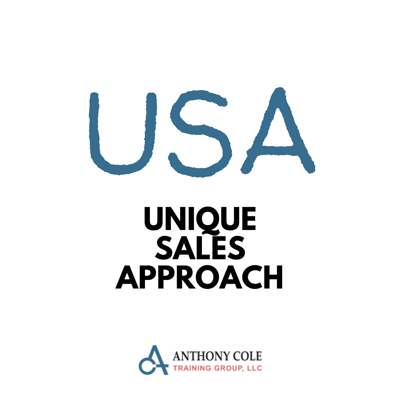Last week, I shared 5 key things that have helped us grow and serve others in the last 30 years, hoping they will be helpful to others on their journey. Now, I'm taking a deeper dive into the 5 key takeaways with a more detailed on each. Starting with #5: Focus on the Best Version of Yourself.
Transcript:
Recently, we published a video celebrating our 30 years in business, and I appreciate everybody that's followed up and made comments and gave us a thumbs up. It certainly has been a joy, hasn't been without its challenges, but because of the great relationships we have with clients and friends around the country who have been able to succeed and grow, add to our staff, and have impact on a lot of people's lives. So I thank you. Our team thanks you.
So let's go ahead and get on today with these lessons. In that video, we talked about five important lessons that we've picked up throughout the years, and today's purpose is to go a little bit deeper, dive into some of those lessons and see where we go from there. So I'm going to go backwards and start with number five.
Number five is focus on the best version of yourself. And when we talked about the video, we discussed the spiritual, physical, mental, emotional, all those sorts of things. And that goes without saying. But my focus here today is, how about professionally? Are you operating as the best version of yourself? And one of the ways you might want to take a look at that is, well, okay, I'm hitting my goals. Well, is that why you got into the business? My experience is that a lot of people who end up in selling, end up as a lender, end up in wealth management, do so for other reasons other than I hope I can hit my goal. You're trying to provide for family. You're trying to have an impact on your community. You have loyalty to your company. You want to help them grow. And there's lots of components to that. And this isn't just selling.
Are you developing the relationships you have? Are you as good internally with your support group as you could be? Do you have people in the community that supports you and surround you and help you accomplish the things you're trying to accomplish?
And so if you take a look at different ways that you might create your own scorecard and your own report card like you did in school, then come up with your own criteria, I'm not going to try and dictate what that criteria ought to be and then score yourself on a scale of one to ten. I like ten because that's just the way my head works. And you go through when we do this. Typically in organizations, people end up with about a seven. I asked them to put a zero at the end. That makes it a 70. And I'm going to date myself. Now, when I was in school, the 70 meant average, I'm pretty sure that none of you got into the business that you're in to be average. So the next step would be well, how do I Close that gap? How do I go from my 7, 8.5, whatever the number is, to the absolute best version of yourself? So let's start with that.
Stay tuned for #4: Relationships.




